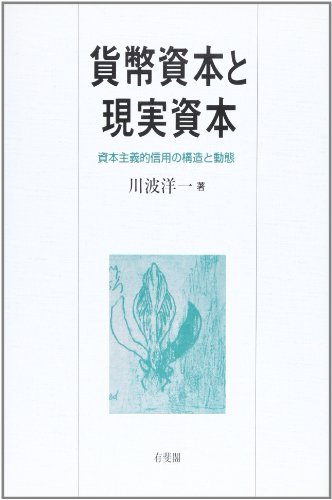1 0 0 0 OA 現代の金融危機とマルクス信用論の射程
- 著者
- 川波 洋一
- 出版者
- The Japanese Society for the History of Economic Thought
- 雑誌
- 経済学史学会年報 (ISSN:04534786)
- 巻号頁・発行日
- vol.37, no.37, pp.14-27, 1999 (Released:2010-08-05)
The theoretically effective range of K. Marx's credit theory is examined in this paper by comparing periodic financial crises in the 19th century to contemporary financial crisis. In his analysis of the 19th century financial crises, Marx not only criticized the existing monetary theory but assimilated its effectiveness, interpreting the financial crisis as a contradiction between the real economy and the monetary economy.The 20th century exhibits several new aspects of financial crisis such as the expansion and implosion of the stock market during the 1920s and the 1930s, frequent occurrences of financial crisis in the post-war U. S. economy, and the international financial crisis during the 1990s. The new aspects of the contemporary financial system, such as the development of securities market, adoption of a managed currency system, etc., emphasize the requirement for a new theory of financial crisis.However, given that Marx's credit theory, which declared the internal relationship between accumulation of real capital and the movement of financial transactions, is an effective base for analysis, this paper concludes that the contemporary financial crisis is within the range of effectiveness of Marx's credit theory.
- 著者
- 川波 洋一
- 出版者
- The Japanese Society for the History of Economic Thought
- 雑誌
- 経済学史学会年報 (ISSN:04534786)
- 巻号頁・発行日
- vol.31, no.31, pp.128, 1993 (Released:2010-08-05)

